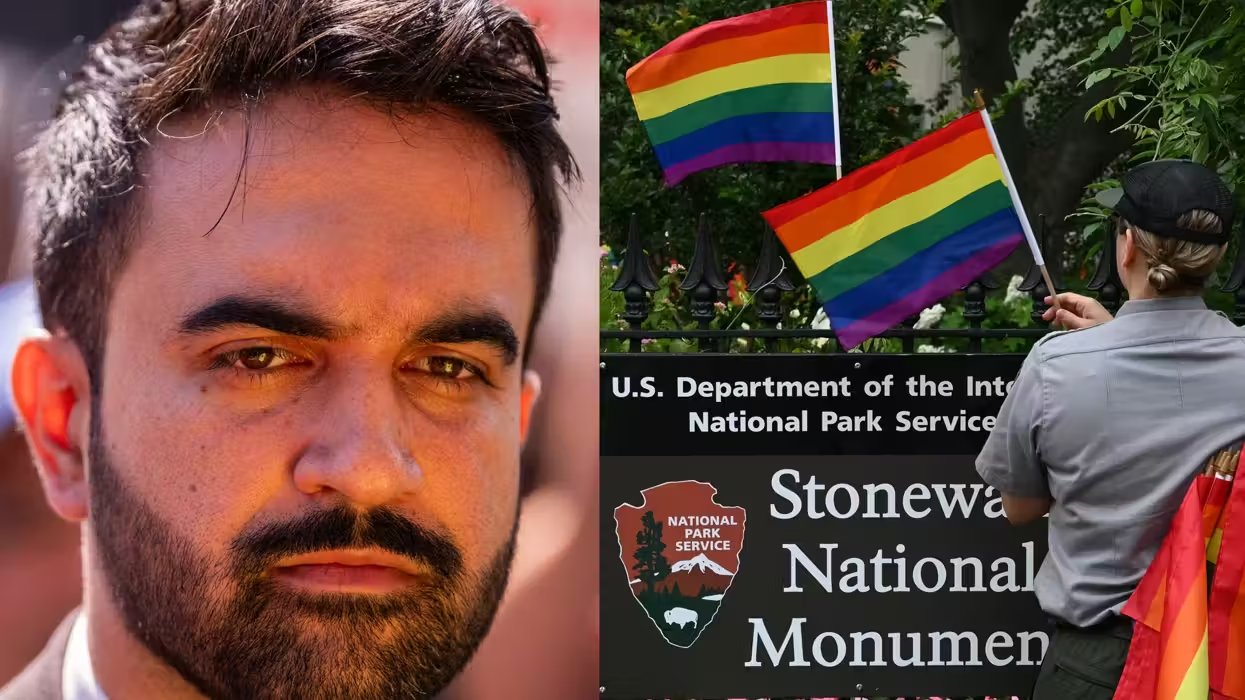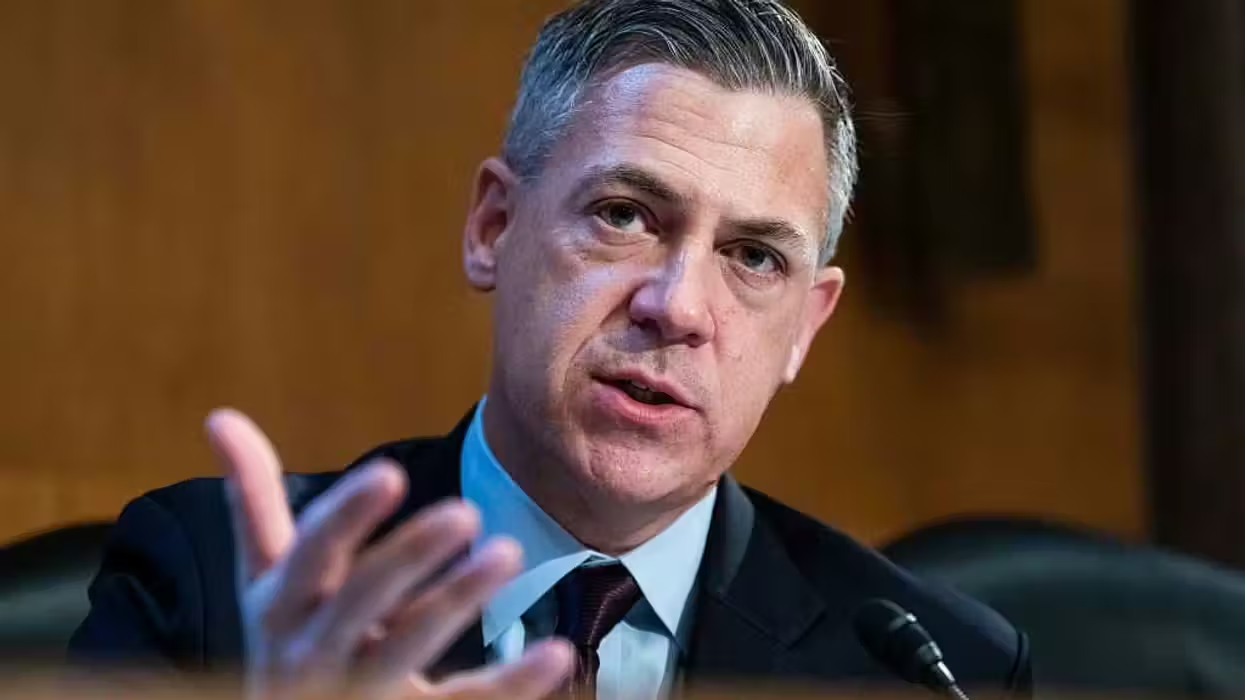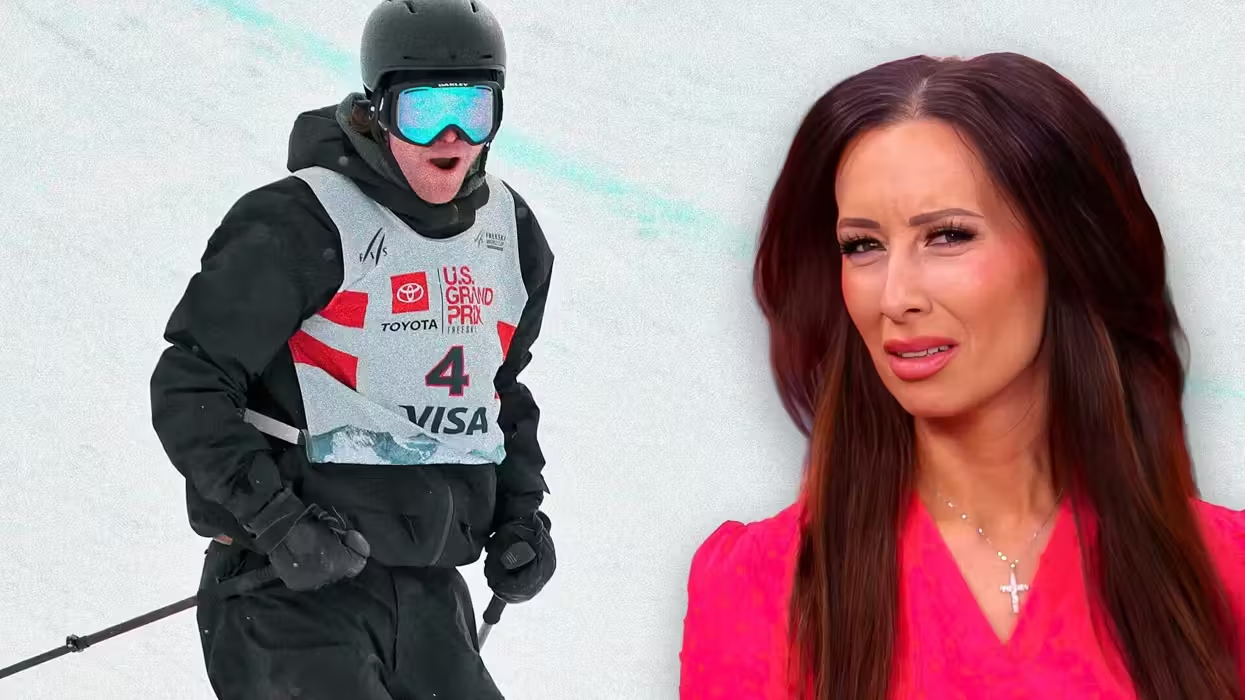Thanks to recent attention from President Donald Trump, some truly horrendous crimes in South Africa have been brought to the attention of the American public.
Depending on whom you ask, the crimes are either a) evidence of a government-sponsored genocide against white people in order to take their land, or b) a hoax perpetrated by President Trump to distract from legal troubles bedeviling his former campaign aides.
As usual, the answer likely lies somewhere between these two extremes. Yes, the violence in South Africa is very real and very terrifying, but there is no evidence that it is either new or increasing, or that it is motivated by the country's current "land reform" program.
Is the violence real and racially motivated?
It is without a doubt true that South Africa has a horrendous violent crime problem. The country currently has about 44 murders a day. For perspective, the United States averaged about 47 murders per day in 2017. However, the United States has a population of 325 million, and South Africa has a population of only 55 million, which means that South Africa's murder rate is about six times worse than the United States, and is far, far above the global average.
In fact, although estimates from many of the most violent countries of the world are based on incomplete data, South Africa is generally accepted to have one of the 10 worst murder rates on the face of the globe.
Exactly how bad is the violent crime problem in South Africa? Well, let's put it in perspective. Here in the United States, Chicago gets a lot of publicity for having a shockingly high murder rate. Last year, Chicago had 650 murders in a city with a population of just over 2.7 million, meaning that Chicago had a murder rate of about 24 murders per 100,000 citizens.
The entire country of South Africa had a murder rate of over 33 murders per 100,000, which means that the entire country (including the relatively peaceful portions, which do exist) has a murder rate that's more than one-third worse than one of the most violent enclaves in the United States.
Within a country that has as much recent racial strife as South Africa, it seems obvious that some portion of this extreme violence is racially motivated. The question is, how much?
The best and most honest answer to this question is that no one knows. Official statistics on the race of victims of murders in South Africa is very hard to find, and even if it were available, the data would still be suspect. That makes it difficult to say with any level of confidence that white people either are or are not being targeted more for murder in South Africa than black people.
What about the farm murders, specifically?
The farm murders have garnered worldwide attention recently due to the shocking brutality of some of the crimes. Credible reports have indicated that some farmers have been decapitated, boiled alive, or otherwise killed in ways that have shocked the sensitivity of the Western press.
As a portion of the overall murders in South Africa, however, they remain comparatively small: according to official South African statistics, farm murders represented only 74 of the 19,016 murders recorded in the most recent reporting year. Notably, while most of the victims of these farm murders were white, not all were, even though the overwhelming majority of farm owners in South Africa are still white.
Complicating the problem, the South African government includes attacks on large, commercial farms including massive conglomerate operations as "farm murders," which means that it's anyone's guess how many of the attacks or murders occurred on the sort of small, freehold farm that you have heard about in the media.
And as cannot be emphasized enough, it's difficult to place much confidence in the statistics collected by the South African government.
Is the farm murder problem getting worse?
Again, it's difficult to say with any level of confidence, but it can be said with confidence that the farm murder problem is not new. It has raged in South Africa at least since the end of apartheid, with most NGOs agreeing that the worst farm violence occurred just after the turn of the century, and that it has actually been slowly improving since 2001-02.
Although there is some dispute amongst non-partisan NGOs as to whether this year's number of murders is slightly higher or lower than last year's, most estimate that while the number of farm attacks this year is slightly higher than last year's, the number of murders committed during those attacks has gone down.
What is the government doing about the problem?
By all accounts, the South African government has struggled mightily to control the problem, as you would expect in a country with such an astronomically high murder rate. Some estimates in recent years have indicated that only 10 percent of murderers in South Africa overall are caught and brought to justice, compared to an average of about 60 percent of murders in the United States that are "resolved."
Obviously, South Africa's criminal justice system does a horrible job of catching murderers overall, and it's difficult to quantify whether they are even more horrible when it comes to catching the farm murderers or not. This makes it difficult to say if, aside from their overall ineptitude at stopping murder, the government is winking at the killing of white farmers for political reasons; although a number of the most high profile and especially brutal farm murders have resulted in criminal convictions.
What about the land seizure issue?
This, too, has been an issue since the end of apartheid, although recent political pressure in the country has brought the issue to a head.
Some portions of the currently contested land have been owned by Dutch and/or English farmers for hundreds of years; however, vast portions of South Africa were completely uninhabited or claimed by any identifiable European individual for decades. Over the years, native Africans began to settle this land and farm it as they fled either civil unrest in central Africa or fluctuating drought conditions.
In 1950, the South African government passed the Group Areas Act, which resulted in millions of black South African farmers being forcibly removed from their land and repatriated to racially segregated ghettos in South African cities, a process that took decades to complete. The land thus taken from the black farmers was sold to white farmers for pennies on the dollar.
When apartheid ended in 1994, one of the explicit goals of the ruling ANC was to reverse the effect of the Group Areas Act (and other legislation that resulted in forcible removal of black South Africans from their land). For many years, efforts have been underway to attempt to purchase land from white farmers and give it to black farmers, but white farmers have resisted selling their land or demanded exorbitant prices, such that very little progress has been made on the government's platform during the last 24 years.
Frustration with the slow pace of redistribution has imperiled the ruling ANC party, which looks increasingly likely to begin seizing land, with or without compensation, in order to avoid losing power. The government issued a draft policy last week, which has not yet been adopted, that called for seizure without compensation, but the issue is very much up in the air politically.
What's the bottom line?
Neither the problem of rampant violence in South Africa, nor the planned reversal of the land grabs effectuated during Apartheid are new. Nor, specifically, are attacks against farmers, whether white or black.
What is new is the attention that has been brought to the problem by President Trump, which has caused many to erroneously conclude that the government of South Africa is actually involved in these brutal murders or is actively complicit in them as a means of driving white farmers off their land in order to confiscate it.
The truth is that the South African government is continuing a decades-long debate about contested land ownership, and continues to be terrible at deterring violent crime both generally and specifically against rural farmers. Although there has been increased attention to the issue of brutal violence against South African farmers (white farmers in particular), there isn't good evidence to say that there has been increased violence, and in fact most of the evidence would suggest that the violence is slowly decreasing over time (although it is still at completely unacceptable levels).
By all accounts, relative to the United States, South Africa is not a stable place to live, and the situation of farmers is precarious (although, as noted, urban dwellers in South Africa may have it even worse).
Some white farmers stand to lose property that has been in their family for hundreds of years without compensation, which is offensive to most people's sense of basic fairness. Some, on the other hand, stand to lose land that was forcibly taken from black farmers relatively recently and given to them at dirt-cheap prices, and it remains possible that they will be compensated for the seizure. Your mileage may vary as to how much this offends your sense of basic fairness, or as to your estimation of the wisdom of this policy from a purely agricultural standpoint: Zimbabwe remains a potent cautionary tale here.
Also, there are definitely extremists who are positioning themselves for the upcoming election by spewing genocidal rhetoric against whites in South Africa, and although they currently stand little chance of coming to power, they threaten to push the ANC into more drastic and unwise measures. In other words, the situation definitely merits monitoring as it could certainly get worse in the near future.
But it's important to remember, from all the way across the ocean where we get snippets and pieces of the news on social media that are provided without context or history, that we are not witnessing a brand new alarming phenomenon. Instead, we are staring into a morass that has been decades in the making and admits of no easy solution.







